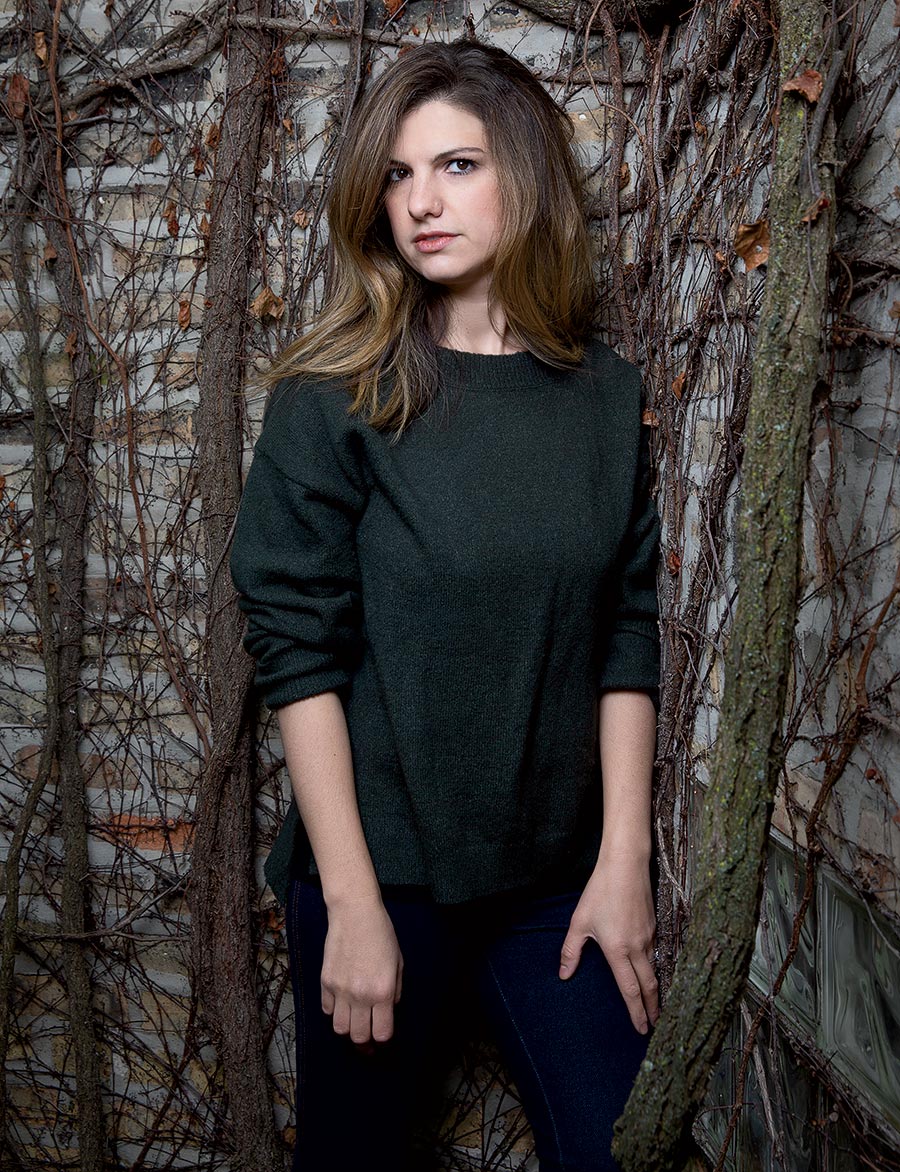The Upstairs House, out February 23, is about a new mom who’s visited by a dead author of children’s books. How did your experiences as a mother influence it?
I was the first of my friends to have kids and knew very little about the postpartum experience. I didn’t understand the trauma of even an “easy” labor — that I’d be bleeding for weeks, and my milk would hurt coming in, and I’d be up with the baby at all hours. I’ve always depended on literature to guide me, and nothing I’d read resonated with what I was experiencing. I wrote The Upstairs House as the honest depiction of early motherhood I needed.
We still seem reluctant to be frank about the psychological trauma that can accompany new parenthood. Why do you think so?
There’s guilt around not feeling total gratitude and joy at the birth of a baby. But it’s important to recognize that having a baby is lucky and hard. Megan, the main character, doesn’t feel the instant connection with her newborn that the baby books promise. She has moments wondering, What have I done? But because we have this taboo, people feel like they’re doing something wrong.
Megan’s partner is supportive but bewildered. What’s a dad’s role?
The most common answer is that partners should be taking care of mom, so mom can take care of baby. But a new baby causes a seismic shift in the family dynamic, and partners can also feel overwhelmed, even jealous. I definitely don’t think dads get off easy.
We get the stories of Megan’s encounter with the ghost of Goodnight Moon author Margaret Wise Brown and Brown’s relationship with socialite Michael Strange. How did you know these belonged together?
There are so many similarities between psychosis and modernist literature — the vivid sensory experiences, the streams of consciousness. Margaret Wise Brown was heavily influenced by modernism; she worshiped Gertrude Stein. I also found the intensity of Margaret and Michael’s relationship — the push and pull, the dependency — had a lot of parallels to that early mother-child relationship.
In addition to being creepy and disturbing, your book is also quite funny. How did you strike this balance?
Now that I have two kids, the choice is often laughter or tears. If it’s 4 a.m. and the fire alarm is going off and my son is screaming that he has to use the potty and my daughter’s spitting up — it’s just a ridiculous situation and to recognize that takes the edge off for all of us.





Comments are closed.